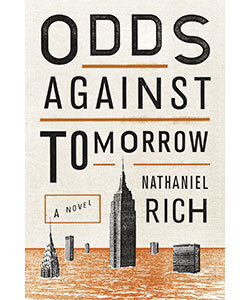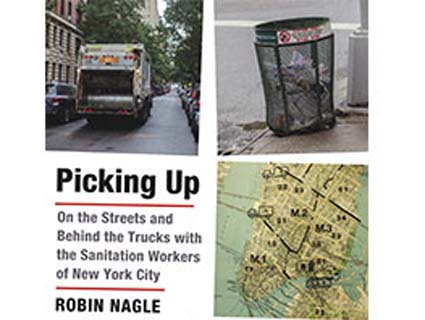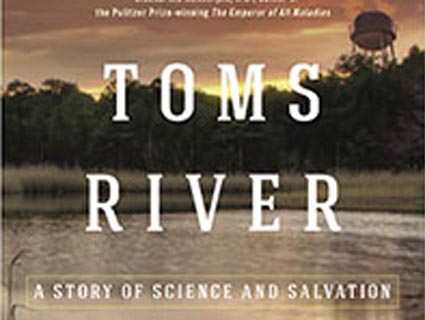
By Nathaniel Rich
“>
FARRAR, STRAUS AND GIROUX
Did Nathaniel Rich see Sandy coming? His protagonist did. Rich’s second novel follows Mitchell Zuckor, a perpetually fearful Wall Street quant whose lucrative niche is calculating the odds of worst-case scenarios—fires, floods, power grid collapses, pandemic viruses—and helping corporate clients plan for the unthinkable. When a hurricane inundates New York City, Zuckor embarks on a post-apocalyptic adventure in an objet d’art canoe bought at a gallery for 29 grand. It’s fiction, thank heaven, but fiction with an edge: Zuckor’s job description and his paranoid calculations are well grounded in reality, and Odds Against Tomorrow underscores the tenuous line between order and chaos.












